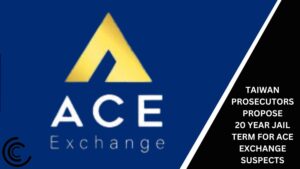Key Takeaways
- Legislation breaks from tradition by omitting a specified minimum donation requirement
- El Salvador recently introduced the Bitcoin Freedom Visa, offering residency to foreigners investing $1 million in Bitcoin
In a groundbreaking move, El Salvador’s Legislative Assembly has given the green light to a migration law designed to fast-track citizenship for foreigners contributing Bitcoin donations toward the country’s social and economic development programs. The law, expected to take effect shortly, marks another bold step in El Salvador’s embrace of cryptocurrency, positioning the nation as a trailblazer in the evolving landscape of digital governance.
Approved on December 21 with support from President Nayib Bukele’s New Ideas party, which holds a legislative majority, the law emphasizes the role of “altruistic foreigners interested in supporting the economic, social, and cultural development of El Salvador by donating Bitcoin.”
Notably, the legislation breaks from tradition by omitting a specified minimum donation requirement, encouraging individuals to contribute regardless of the amount.
El Salvador first made international headlines in 2021 by adopting Bitcoin as a national currency, with the aim of fostering financial inclusion and innovation. Despite facing challenges in implementation, the country remains committed to innovative approaches, as evidenced by this latest legislation.
In addition to the migration law, El Salvador recently introduced the Bitcoin Freedom Visa, offering residency to foreigners investing $1 million in Bitcoin or Tether. These initiatives align with Bukele’s broader vision of positioning El Salvador as a global hub for cryptocurrency enthusiasts and entrepreneurs, fostering international collaboration and investment.
The legislation streamlines the naturalization process for qualifying individuals, bypassing the typical five-year permanent residence requirement for non-Spanish-speaking foreigners or two years for those with a Salvadoran spouse.
However, the move comes amid challenges, including negotiations with the International Monetary Fund (IMF) for a new financing program. The IMF has expressed concerns about potential risks associated with El Salvador’s adoption of Bitcoin, adding complexity to the nation’s unique experiment at the intersection of cryptocurrency, governance, and economic development.











